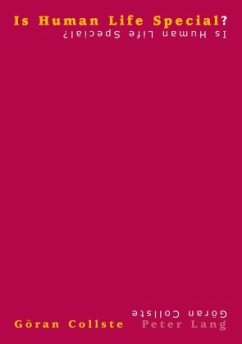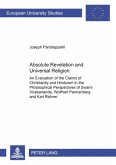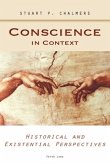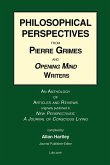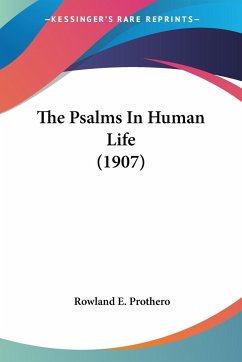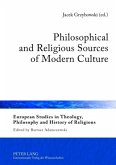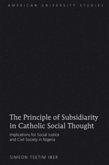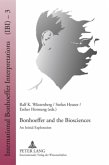The principle of human dignity has greatly influenced the Western moral tradition. It has, however, during the last few decades been questioned by a number of moral philosophers, many of them involved in applied ethics. The aim of this study is to examine different religious and philosophical views on whether human life is special and, if it is, in what respects. The book is divided into three main sections. The first section includes an examination of some important religious contributions from the past and the present. In the next section, the views of modern philosophers criticising the principle and of those defending it are examined. Finally, the meaning and relevance of the principle, when applied to certain moral problems in the modern world, are discussed. With reference to the discussion on priorities in health care it is argued that although the principle has a religious origin it may function as a universal moral principle in a modern pluralistic and secularised society.
Bitte wählen Sie Ihr Anliegen aus.
Rechnungen
Retourenschein anfordern
Bestellstatus
Storno

